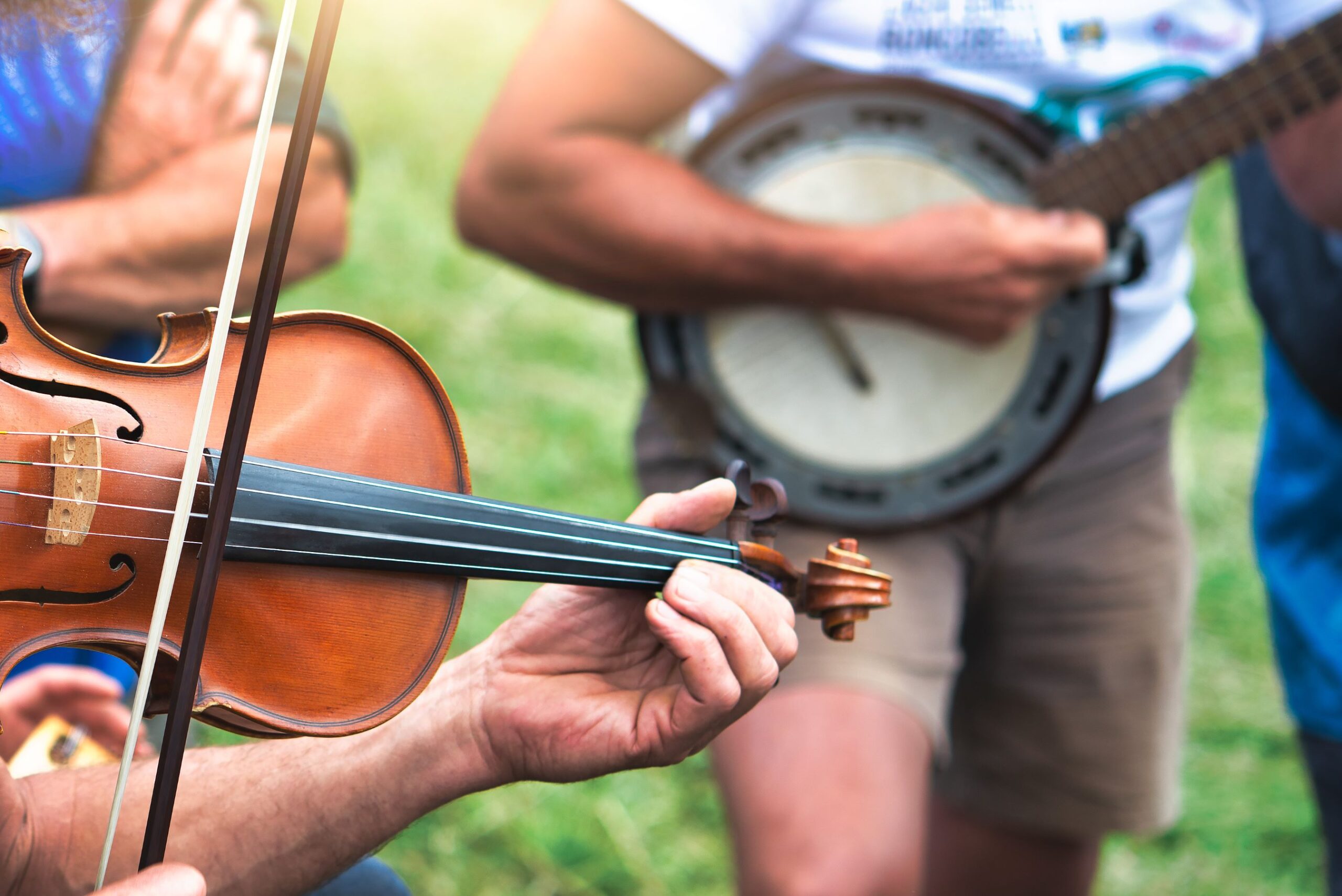
(Shutterstock)
An experience can resonate with you for years, charged with a particular essence you cannot quite name. And then someone tosses off a comment that names this essence so precisely, it stops you mid-sentence.
At a dinner party just after St. Patrick’s Day, one of our hosts took the chance to play the Irish sea shanties she has always loved. “There’s this defiant happiness about them,” she remarked.
I set down my Tullamore Dew with a clunk. Yes. That is exactly why I love all Irish ballads—and why I love the blues, and why my heart lifts at Mexican fiestas. All three forms emerge from hardship, acknowledge sorrow, and jut their chin in the air, refusing to sink into melancholy. For years, something deep inside me has come alive whenever I heard the lilt of those Irish melodies or the raw, easy candor of old blues songs or watched Hispanic neighborhoods celebrate…almost anything, just to be celebrating.
Defiant happiness—a happiness that spites suffering, refusing to be brought low even when there is reason to weep—is an attitude I covet. Until my friend uttered the phrase, I had never even wondered what drew those three experiences together, let alone articulated the quality. I only knew they resonated with me. And now I know why.
My mother was happy only when she was taking care of somebody. My grandmother was happy only when someone was taking care of her. My grandfather was a nervous pessimist; my husband can find, as one of his buddies put it, “a cloud for every silver lining.” I set out to find cheerful friends, because being happy all by yourself can be a little sad. As Anne Sexton wrote, “The joy that isn’t shared dies young.” And sometimes I just need to feel, against all the evidence, lighthearted.
Now, though, the whole bloody world is heavy and scared. The United Nations’ latest report gives us only ten years to avoid environmental catastrophe, and by then, democracy may be dead, too. All that progress in civil rights, women’s rights, LGBTQ rights, and access to books, art, music, and a liberal arts education? Eroding at a speed I never imagined possible.
Defiant happiness is more than a delight. It has to get me through.
Mine is a sheltered, shaky sort of optimism, you see, not fact-based at all—just blind hope, really. It bubbles up unbidden and lets me move forward. I am not sure I would enjoy living in its absence. I am not sure I have the strength to go on living in its absence.
And so I absorb just enough news to remain informed, vote, or lend support. Even that minimal intake leaves me vulnerable to all the cynicism, greed, and realpolitik that now constrain us. The negative has always constrained us, but now too much is crumbling at once, and with a complexity that can only be parsed by the specialists we no longer trust. Joy is draining away fast.
Carol Bly writes that “‘A general, secret love of everybody’ makes one open to joy, the offbeat happiness that human beings rise to when they aren’t residually uneasy.” But we are residually uneasy, more so every day, and so deeply divided that those of us who once hid that secret, bubbling love of everybody have traded it in for maddened exasperation.
Socially, it is somehow unseemly to dare to be happy at a time of general despair. Eyebrows go up, as though one were giggling at a state funeral. Yet the Dalai Lama still laughs. Privy to the world’s tragedies, sensitive to suffering, filled with compassion, he nonetheless sparkles with merriment. So does artist, musician, and director Laurie Anderson. She lost the love of her life (which is not always a hollow cliché) when Lou Reed died, and she has spent decades responding to the grimmest, bleakest social and political truths with wit, artistry, and a hard, clear anger. Yet she bubbles over with delight. What do those two have to giggle about, you want to ask. But “Joy has no cause:” Philip Larkin reminds us, “Though cut to pieces with a knife,/ Cannot keep silence.”
Does joy flow from temperament, then, or from grace? What does it matter? Joy defies gravity. Poised at the edge of a cliff, you need it more than ever.
Read more by Jeannette Cooperman here.
